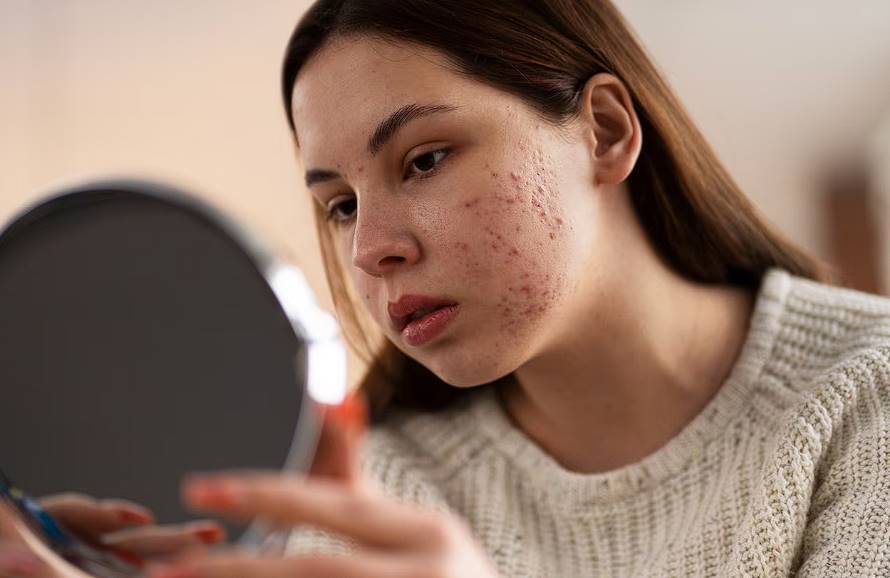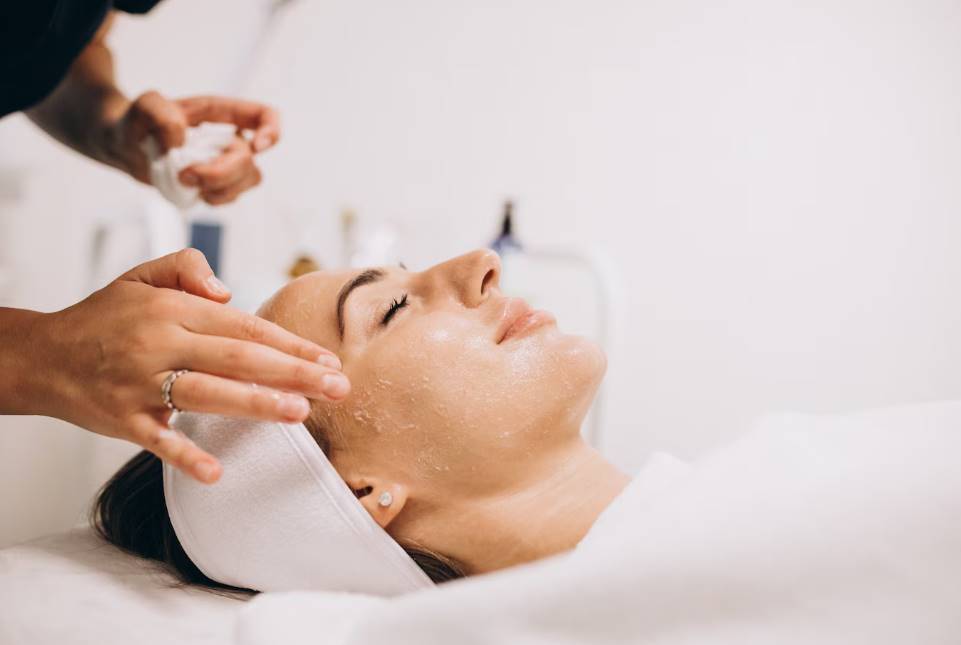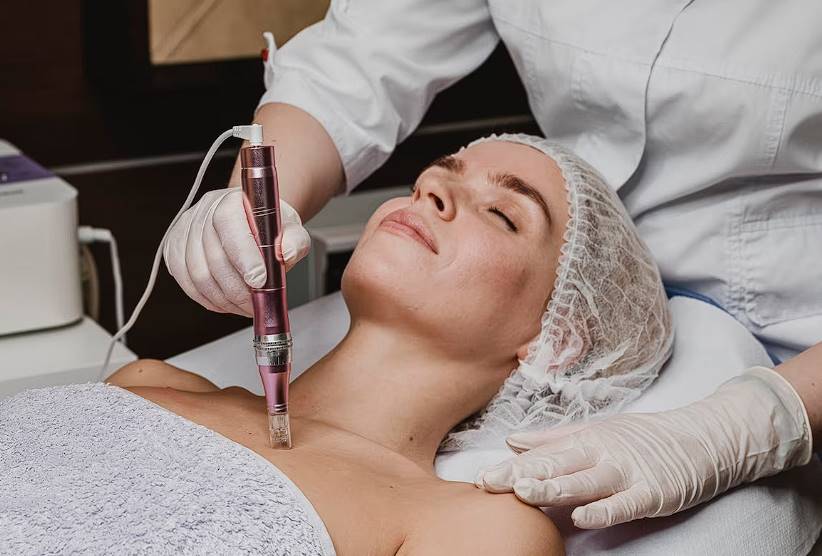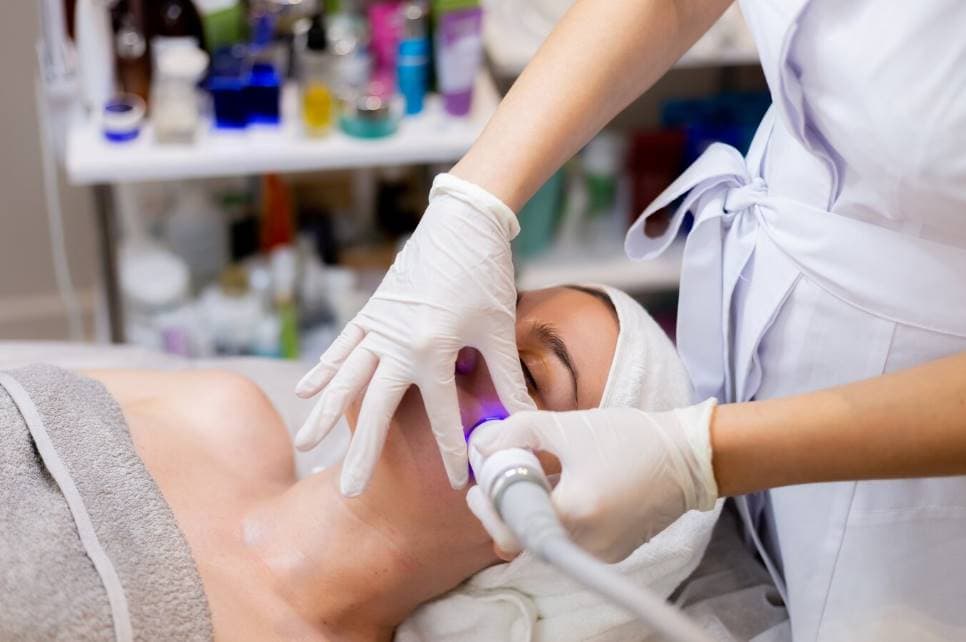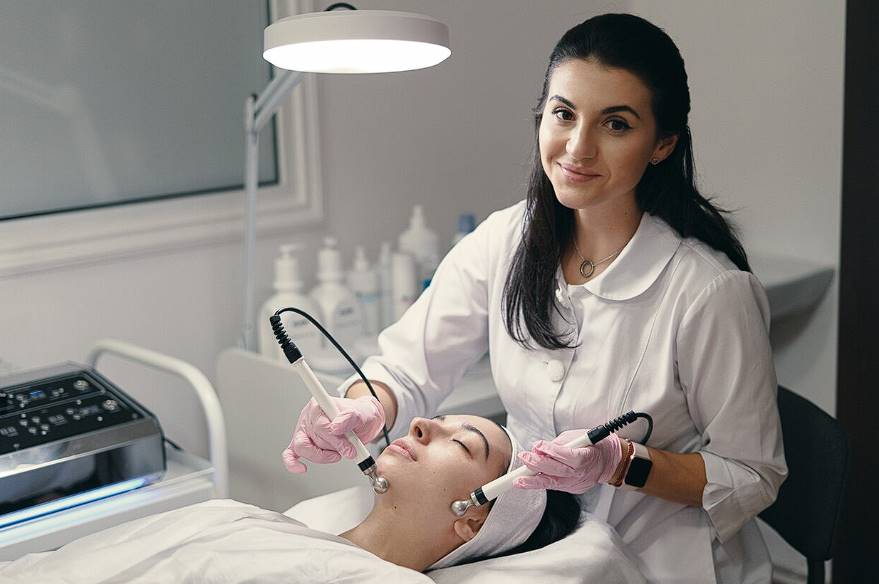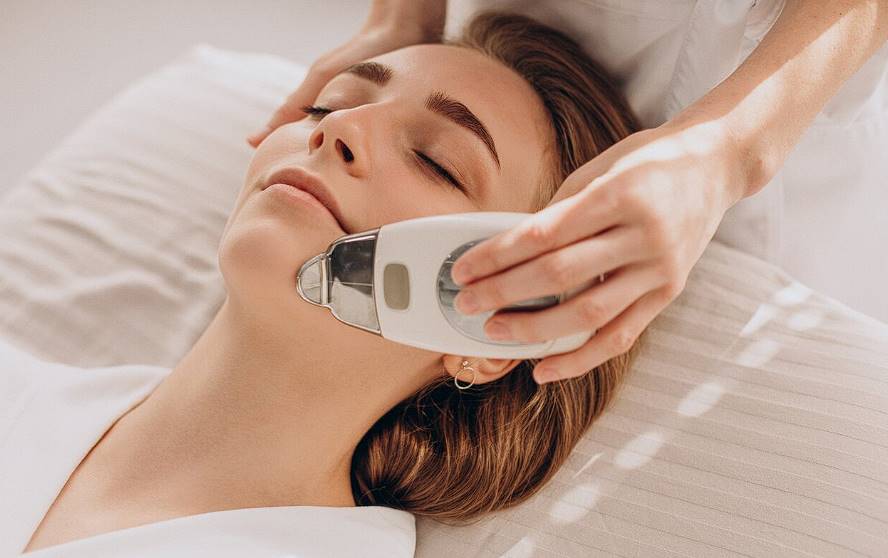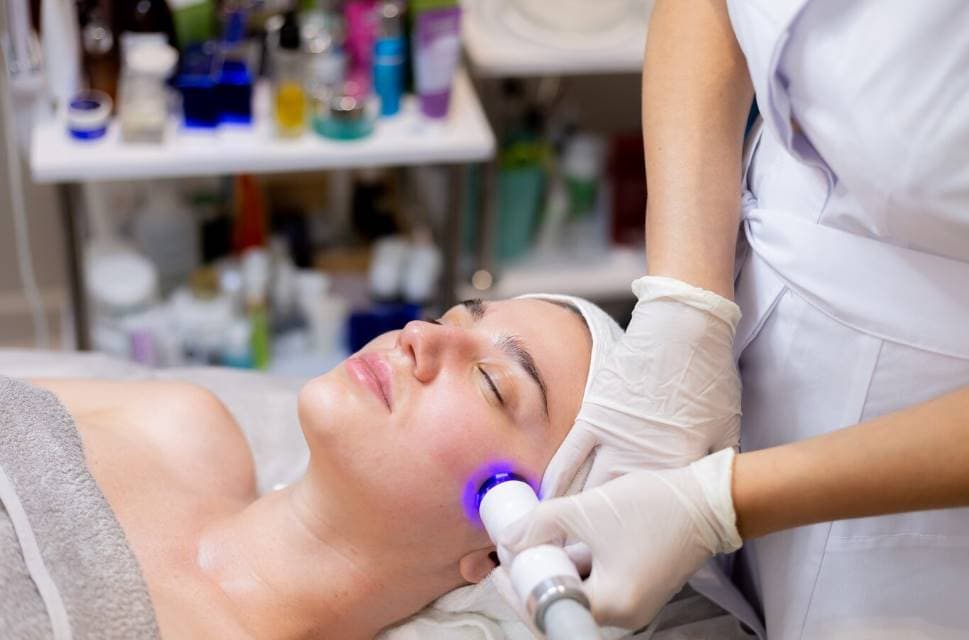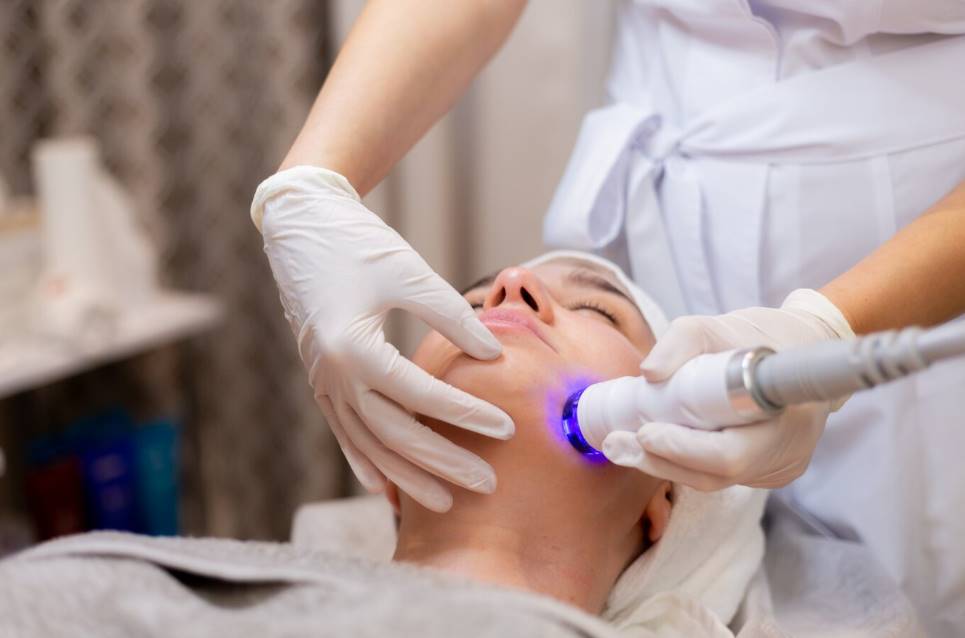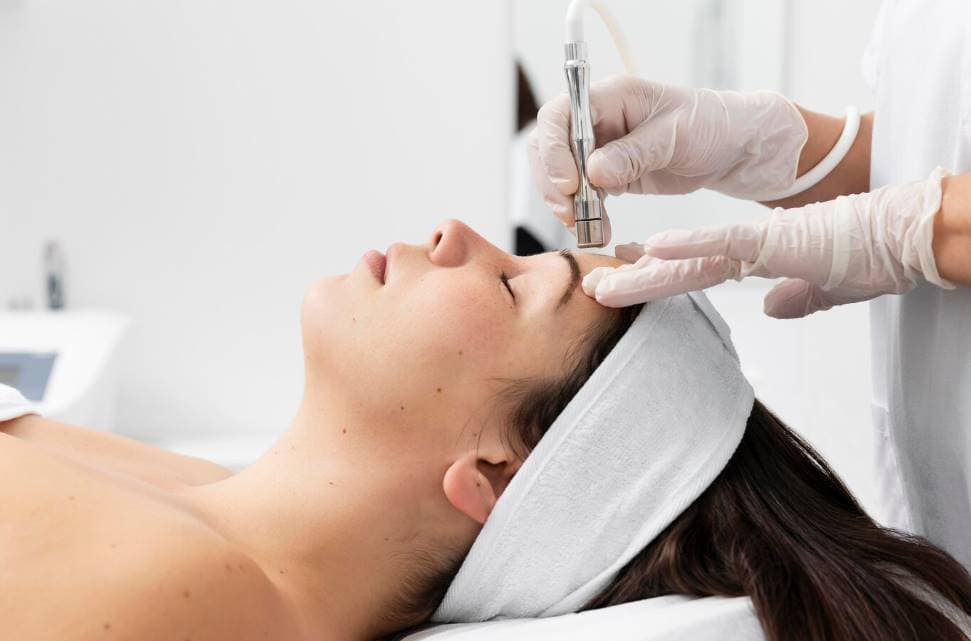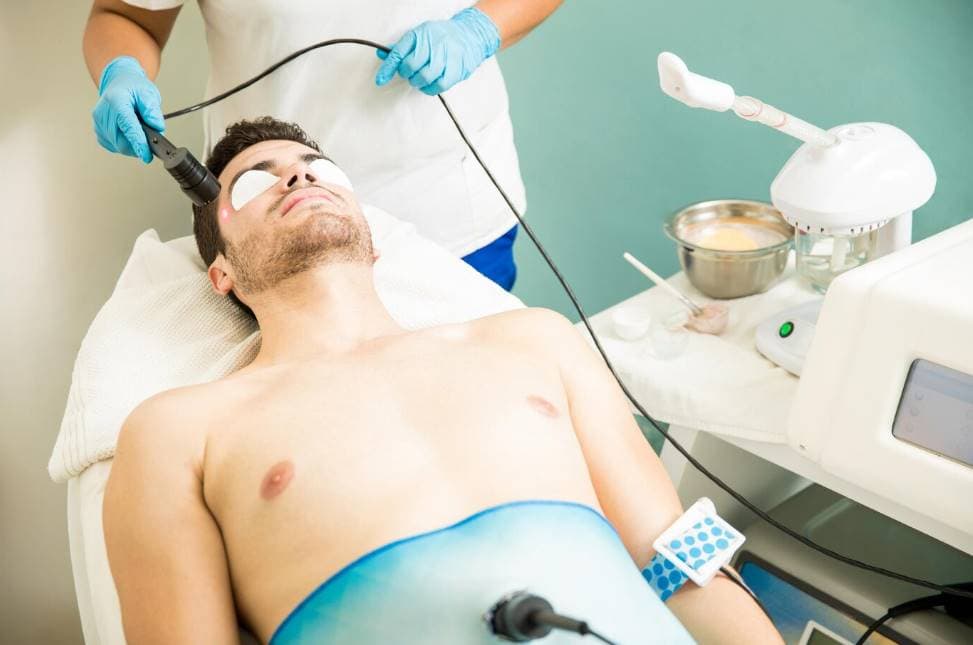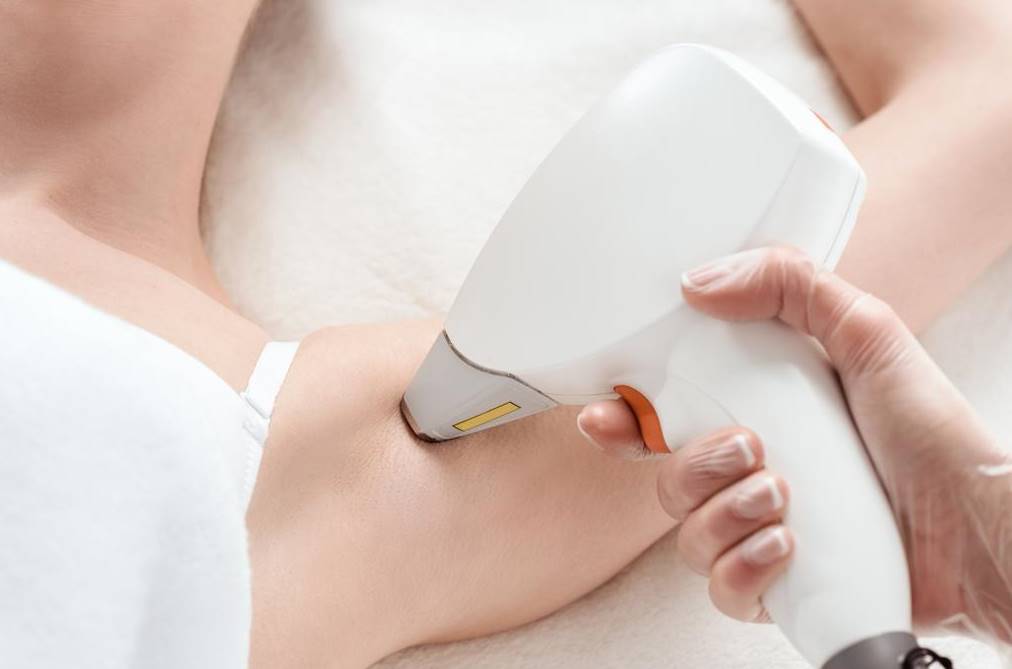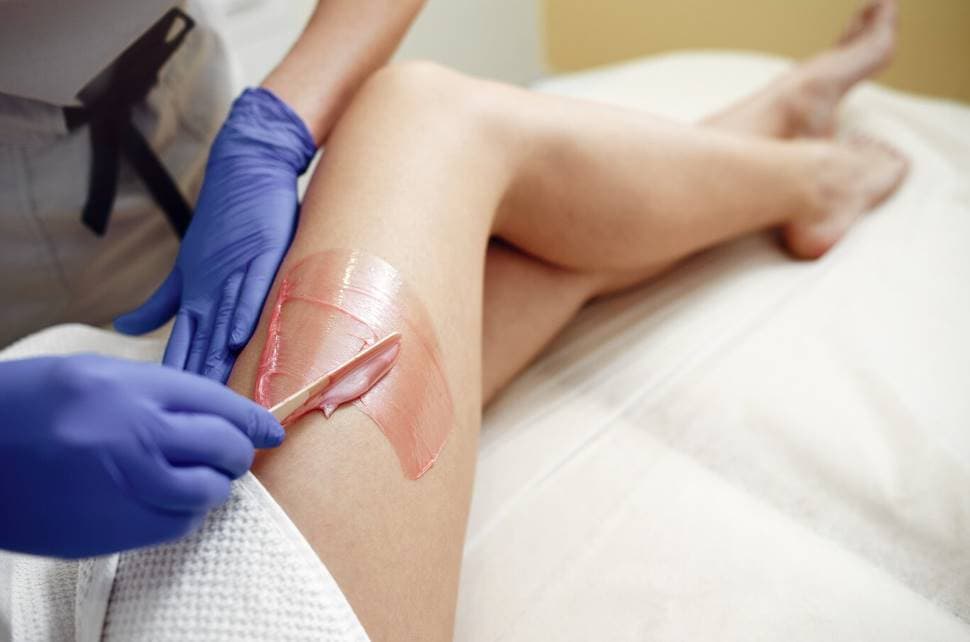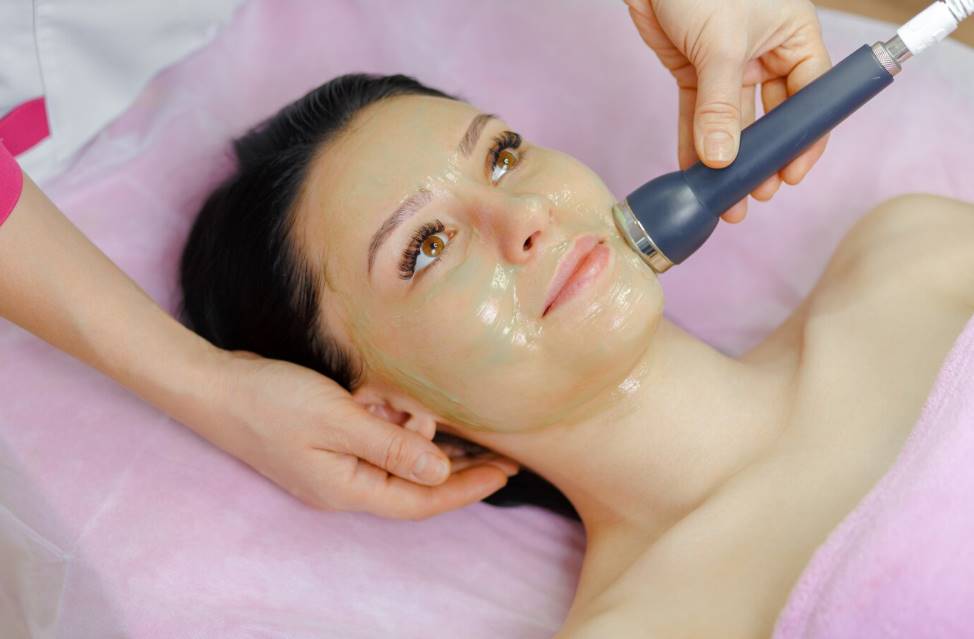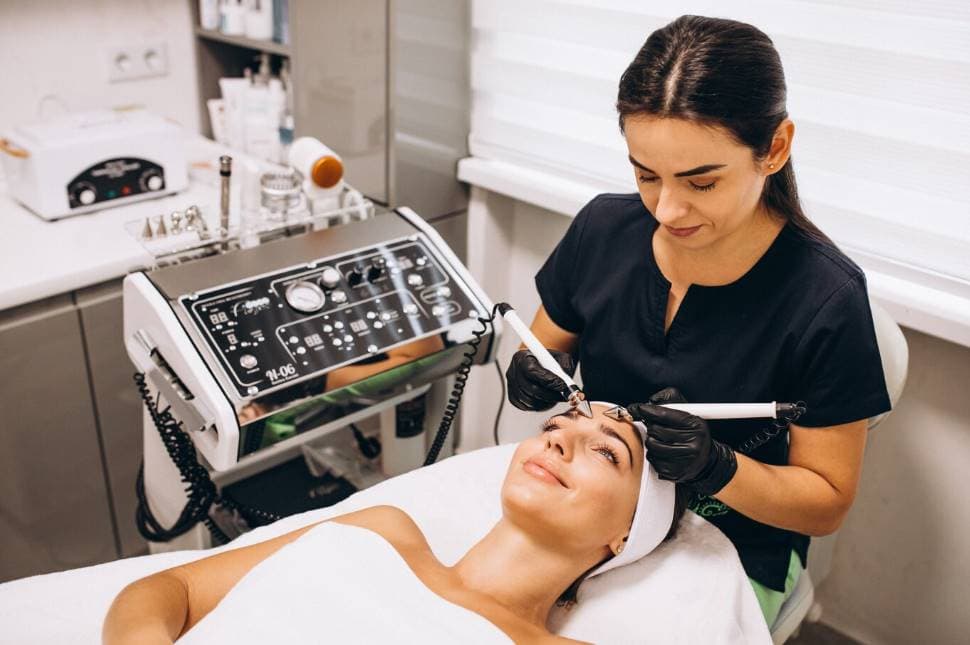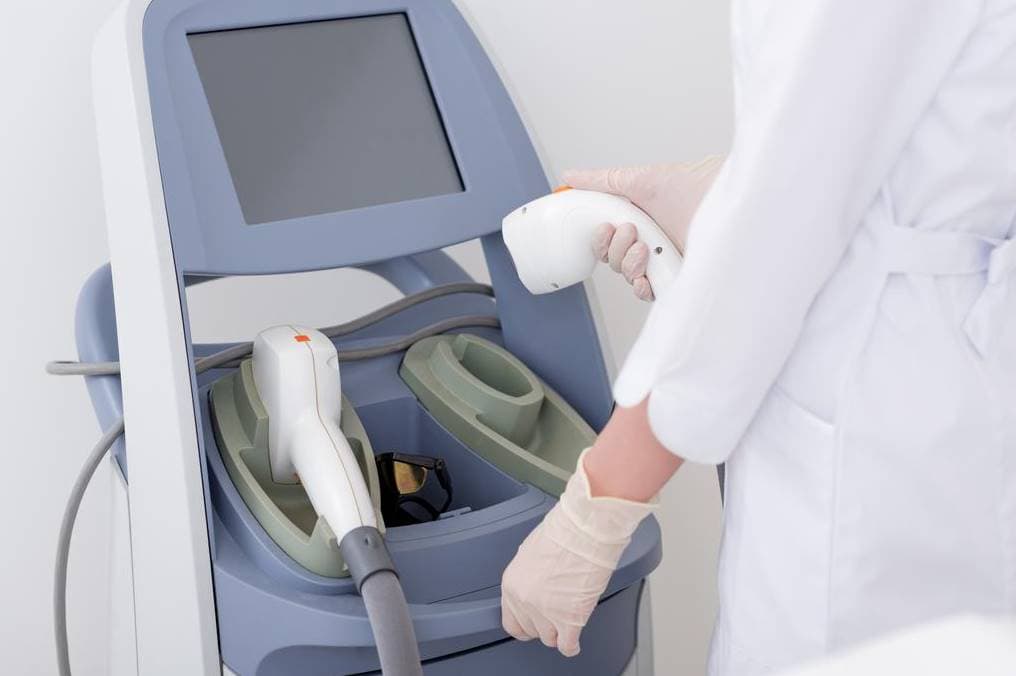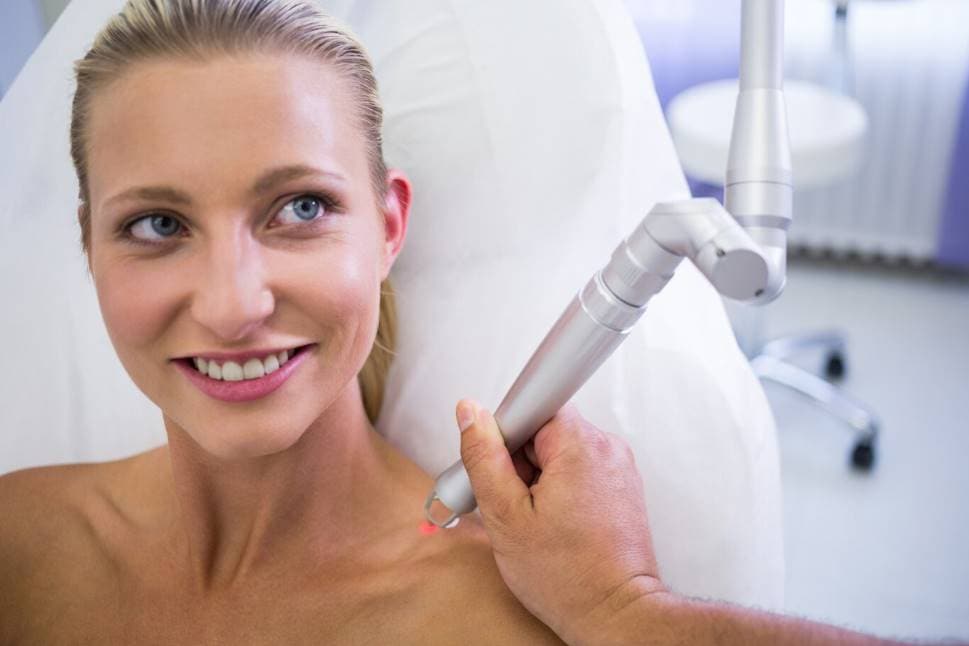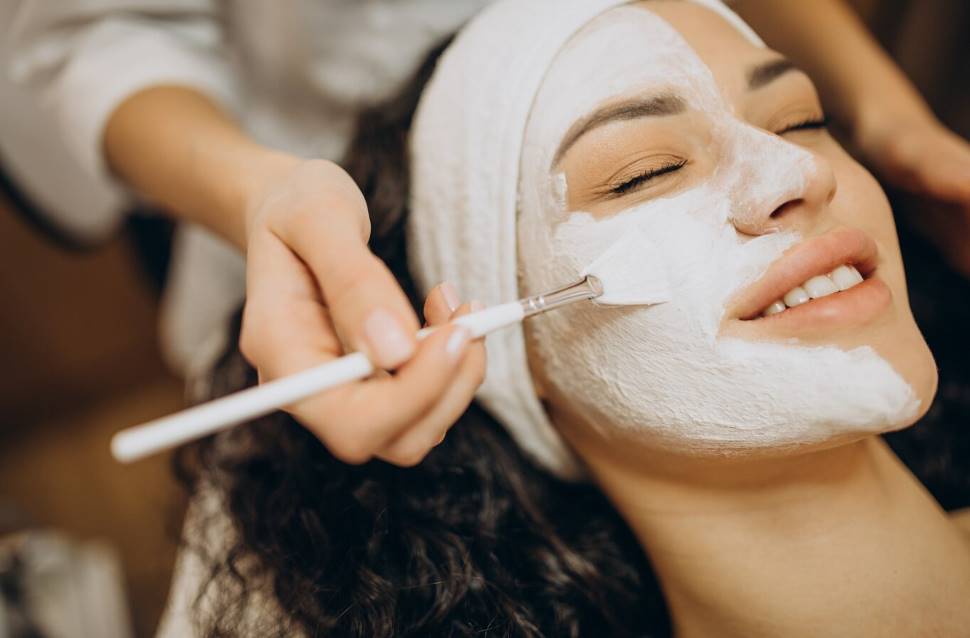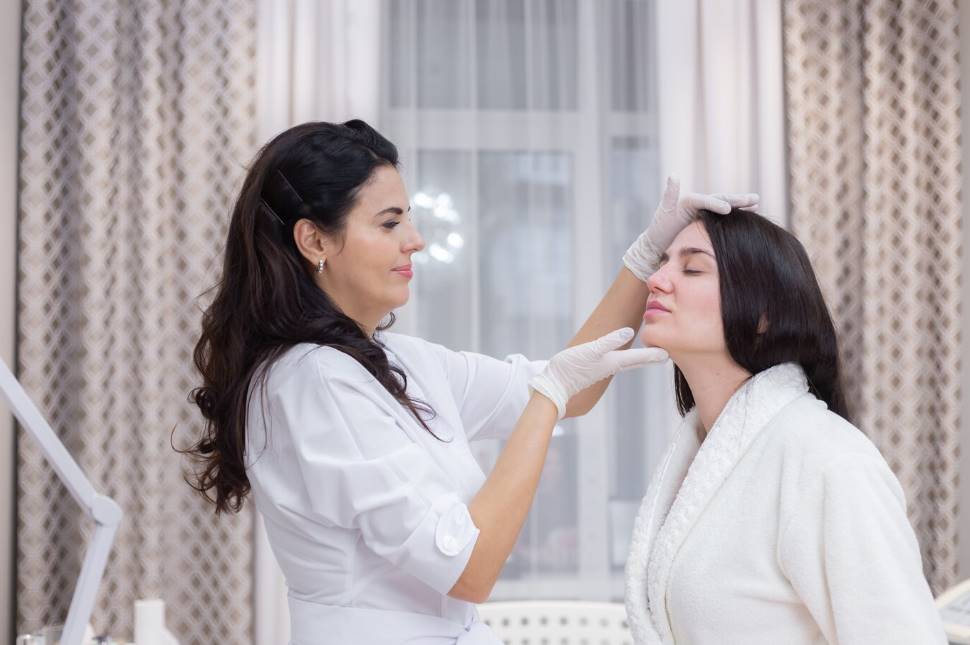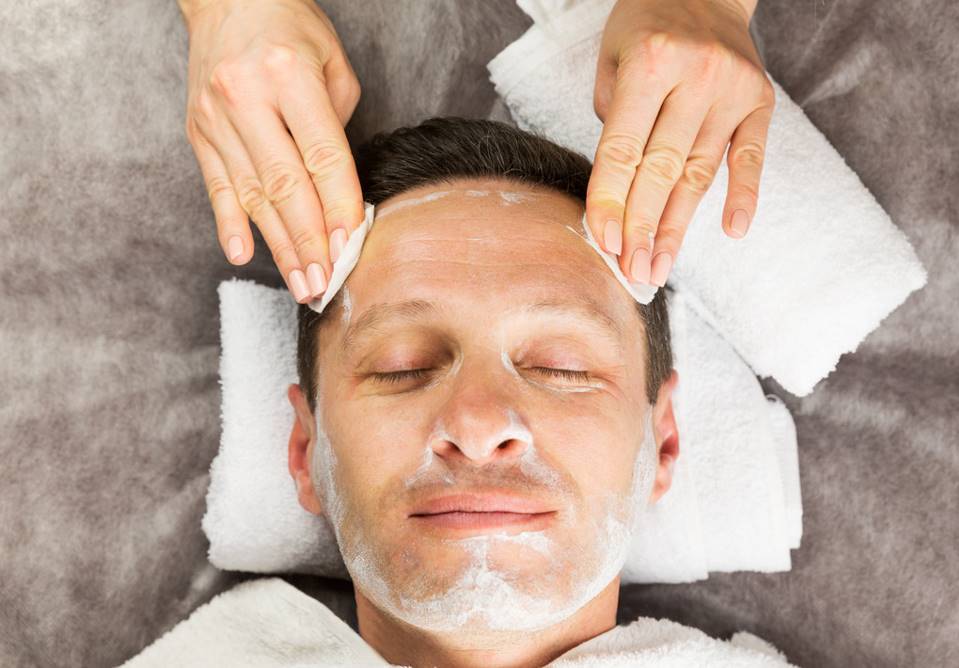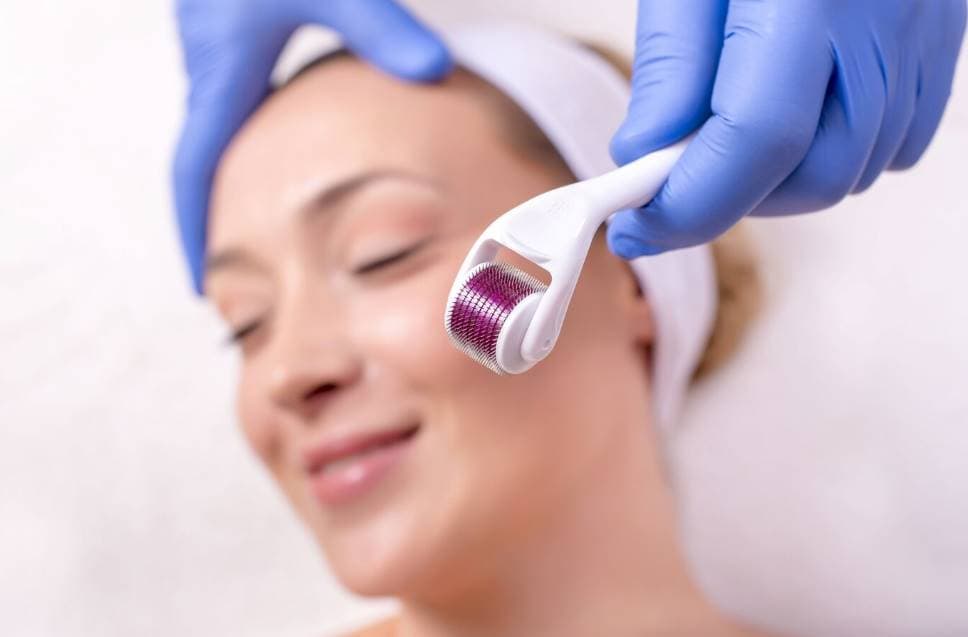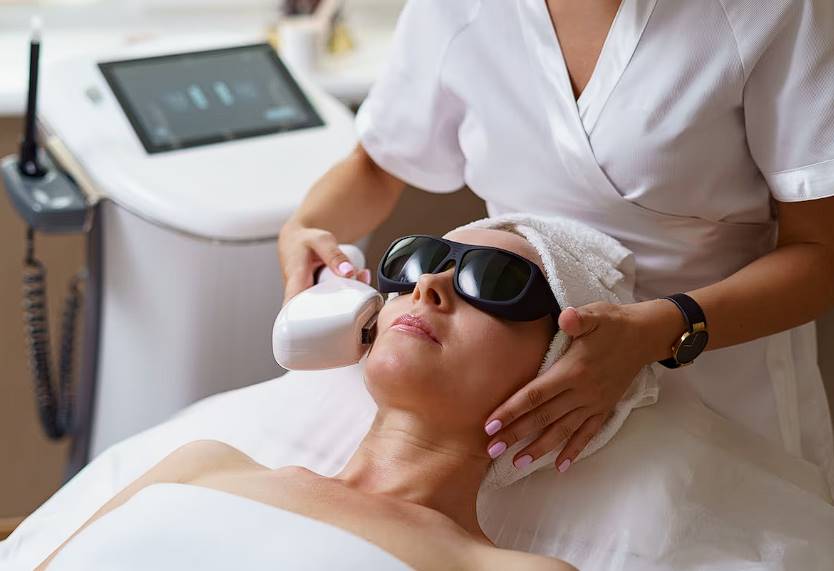Scars from acne, a condition that affects a lot of people, can be a constant reminder that you formerly had acne. These scars can have an impact on a person's self-esteem and mental health in addition to their physical appearance.
Thanks to today's advanced medical technology, effective therapies, such as laser therapy, have been developed for acne scars. This article will examine the role that laser clinics can play in the treatment of acne scars, including the mechanics, benefits, and potential drawbacks of this cutting-edge method.
Whether you're a patient dealing with acne scars or a medical professional looking to learn more, this overview will shed light on the efficacy of laser clinics in the quest for clearer skin.
What Causes Acne?
Acne lesions (pimples) form when pores (the microscopic openings in your skin through which oil, sweat, and dead skin are secreted) become clogged with bacteria, oils, and dead skin and become inflamed.
About 40,000 skin cells are shed every hour, yet they can sometimes cause a pore to get clogged. Whiteheads and blackheads are the names given to the little bumps that form when pores become clogged. Inflammation of these pores is a common cause of secondary acne.
You're not the only one dealing with acne. The skin disorder known as acne is the most prevalent worldwide. Between the ages of 11 and 30, almost 80% of the population will have it.
Acne is common among teenagers because of hormonal shifts. Hormones can still play a role, but adults might also blame stress, birth control pills, menstrual cycles, the environment, and oil-based cosmetics.
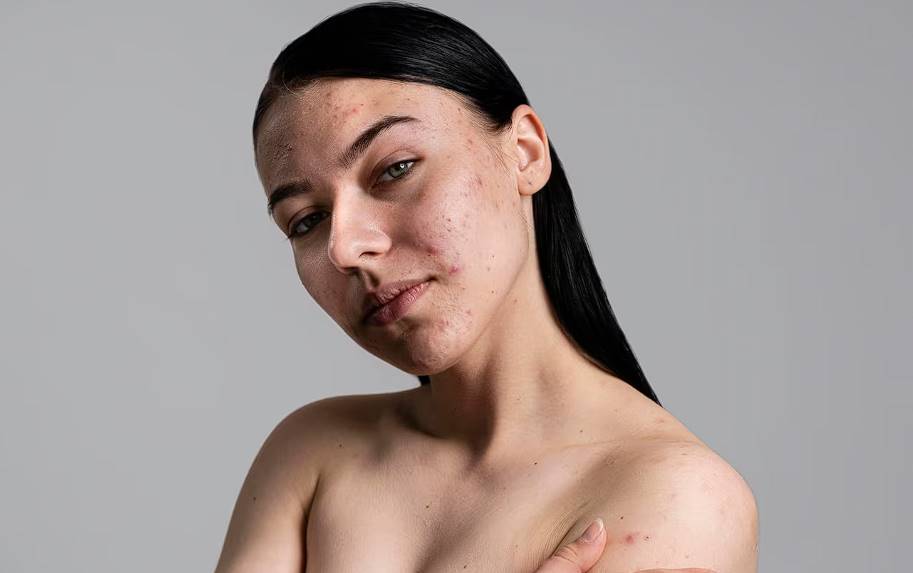
How Does Acne Cause Scars?
The skin serves as the body's largest organ, comprising chiefly three key layers: the epidermis, dermis, and hypodermis. These layers function not only as a protective barrier for the body's delicate organs against environmental hazards like ultraviolet rays and bacterial infection, but also assist in the creation of vitamin D through sunlight exposure. One common skin issue that can manifest on various parts of the body, wherever sebaceous glands are present, is acne.
Scarring from acne occurs when the skin's lesions become inflamed. This inflammation often begins when a pore enlarges and the wall of the pore deteriorates.
While it is true that some acne scars are relatively superficial and tend to fade naturally, the fluid from pimples can occasionally seep into surrounding tissues, causing more widespread scarring. In response, the skin initiates a healing process, producing new collagen fibres to repair the damaged area.
Acne scars generally fall into two main categories. The first type is characterised by an indentation in the skin's surface, resulting from a loss of tissue. The second type appears as raised tissue above the surface of the surrounding skin.
In essence, the presence of such scars indicates that the skin's natural healing mechanisms are operational—perhaps overly so. Elevated scars often emerge when the skin produces an excessive amount of collagen, commonly known as "repair tissue," as it attempts to mend the acne-induced wound.
It's important to note that experiencing acne does not necessarily mean one will also develop scars. In fact, only about one in five individuals with acne actually faces the issue of scarring.
The good news is that various treatment options exist that can diminish or even remove the appearance of scars. Some of these treatments not only promote the skin's own collagen production but also enhance the overall appearance of scarred areas.
What Are The Types Of Acne Scars And What Do They Look Like?
You probably have more than one of these if you've got acne scars. Rarely does a person exhibit only one type of scar, such as boxcar scars, keloid scars, etc. These have varied degrees of treatability.
Scars that have sunken or atrophy:
Ice pick
A tool like an ice pick has a broad shaft that tapers to a point at the end. Similar to the shape of the tool, this form of acne scar begins wide at the skin's surface and tapers to a point as it penetrates deeper. One of the most difficult scars to heal is an indentation like this. They tend to form on the more delicate skin of the forehead and upper cheekbones.
Rolling
The thicker skin of the lower face and jaw is prone to scarring. The indentations' sloping borders give the skin a wavelike, irregular appearance.
Boxcar
Sharper-edged indentations, often known as boxcar scars. Those points dig deeply into the flesh. Scars like these frequently appear on the lower face and jaw.
Hypertrophic or keloid scars
Scar tissue lesions have an elevated appearance. They result from an abnormal proliferation of collagen and other fibrous structures beneath the skin. These scars can be itchy, tender, or painful and commonly appear on the chest, back, shoulders, and jawline.
Traditional Treatments For Acne Scars
Apple Cider Vinegar
Apple cider vinegar, when diluted, may be useful in minimising acne scarring. However, adequate diluting of the solution is required. Burns and other facial damage can be inflicted by concentrated apple cider vinegar.
Turmeric Powder
Turmeric powder can be helpful in inhibiting bacterial development and relieving inflammation. It promotes healthy skin growth and lessens the appearance of scars, too.
Coconut Oil
Coconut oil has been shown to reduce the appearance of scars left by acne and to hydrate the skin. Keep in mind that if your skin is already really oily, this may make things even worse, so tread carefully. For this problem, try coconut oil that has been expeller-pressed.
Tea Tree Oil
This extract comes from an Australian tree and it has anti-inflammatory and antibacterial effects. Applying oil to specific areas of the face may speed up the healing of pimples and potentially minimise scarring.
Lemon Juice
Natural acids found in lemons act as exfoliants and promote cell renewal. Raw lemon juice should not be applied directly to the skin, although it could be used in a handmade face mask. Lemon juice has a lot of carbohydrates, vitamin C, and citric acid, but if you have sensitive skin, it may cause irritation.
Manuka Honey
Manuka honey, which has potent anti-inflammatory and antibacterial effects, can be used topically. If you have scars or hyperpigmented skin, you can lighten them by applying apple cider vinegar to the scar using a cotton swab and then applying honey to soothe the region.
Acupuncture
Since acupuncture increases blood flow to the affected area, it not only helps reduce inflammation and stimulates collagen synthesis, but it also can be an extremely effective treatment for scarring.
This promotes more effective tissue regeneration, which ultimately aids in making acne scars less noticeable. Before beginning this treatment, it is recommended that you see a dermatologist or other qualified medical expert.
Laser Treatments For Acne Scars And Their Benefits
"Acne scarring" refers to the damage caused by acne. The psychological, professional, and social life of individuals are all negatively impacted by the scarring left behind by acne.
Unfortunately, many of the treatments widely advocated to lessen the appearance of acne scars are useless and even dangerous. The terms "excision," "punch excision," "subcision," "dermabrasion," "chemical peel," and "microdermabrasion" all refer to different surgical removal techniques.
Acne scars can now be effectively treated with laser surgery. A patient undergoes a non-invasive treatment that penetrates deeply into the skin's top layer using laser and strong pulsed light, leaving most of the repair work to the body's natural healing mechanisms. Acne scar laser treatments often take less than 40 minutes to complete.
In most cases, a series of 6 applications spread out over 2 months is advised. When finished, your acne scars will be significantly reduced (though the degree to which they fade will vary from person to person), and the skin around them will seem refreshed and clear.
Types Of Laser Treatments For Acne Scarring
- Tissue is not vaporised by a Frazel laser because it is a non-ablative laser. Instead, they use laser radiation to heat the tissue columns, which triggers the body's natural, fresh collagen creation.
- When compared to Frazel laser treatments, the outcomes produced by carbon dioxide lasers are widely regarded as superior. Layer by layer, the scar tissue is vaporised as short bursts of high-energy laser are emitted. The patient will be completely better in 3–10 days.
- Most people agree that acne scars respond well to fractional laser therapy. When only a tiny area of skin needs attention, recovery and collagen production are sped up.
- The pinpoint accuracy of pixel lasers means that just the targeted areas need to be treated, while the surrounding skin is left unharmed.
- The ActiveFx laser is designed to target the outermost layer, while the DeepFx laser is designed to target the innermost layers.
Does Laser Treatment Actually Work For Removing Acne Scars?
Acne scars can be diminished by using a laser. Acne scars, say dermatologists, are less noticeable after laser treatment. However, it does not work overnight or in a single application to eliminate all traces of acne. Time and multiple sessions are required before progress can be seen.
According to some sources, people with moderate to severe scarring should consider laser treatments. If you have severe acne scars, your doctor may want to create a unique treatment plan just for you before you try a laser treatment.
Both ablative and non-ablative lasers have been shown to be effective in treating acne scars. In order to stimulate the formation of new, healthier skin, ablative lasers remove the outer layer of damaged skin.
In contrast, non-ablative lasers can penetrate deeper into the skin without harming the outer layer. Acne scars can be improved with any type of laser; the decision should be made based on the severity of the scars and the patient's preferences.
Here Are Several Facts About Laser Treatment
Laser treatments are not limited to removing acne scars; they can also improve pigmentation, acne, rough, uneven skin texture, and a dull, lifeless complexion. Acne scars, depending on the person and their skin type, can be reduced by as much as 50 percent.
There may be a synergistic impact between the laser therapy and additional therapies, such as Rejuran Healer or Skin boosters, depending on the patient's skin condition.
You should realise that the results of laser treatment can vary from patient to patient, and that total scar removal or fading is not guaranteed. This is due to the fact that acne scars can vary in severity from person to person. If you want to know more about your skin type, you should visit one of our doctors.
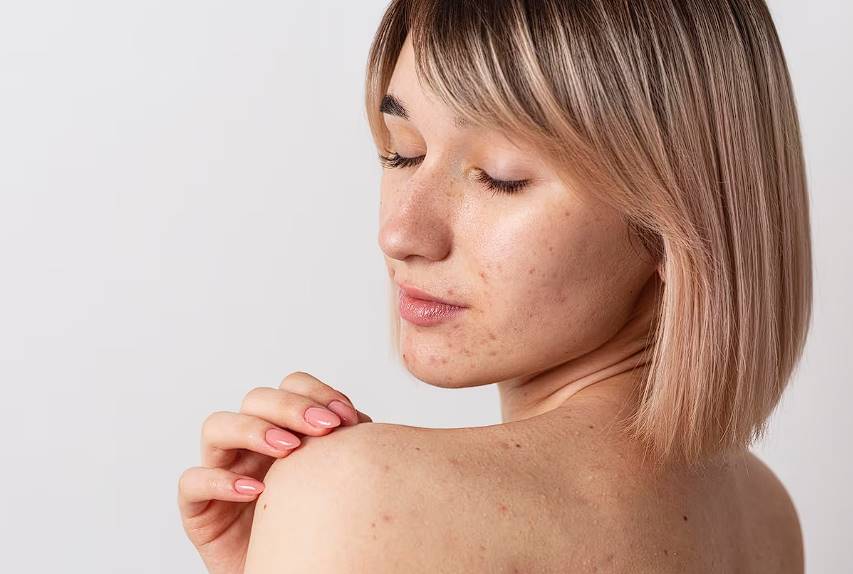
The Final Results Of An Effective Acne Scar Treatment
After several months of regular sessions, you should see an improvement in your skin. Your scars will lighten with time, revealing healthier, more radiant skin underneath. You may also find that your outbreaks are less severe. In order to achieve the best outcomes, treatment may need to continue for up to 18 months. After the initial appointment, it is recommended to continue with treatment.
While laser treatments for acne scars have shown promise, patients should go into the process with reasonable expectations. Individual healing ability, scar form and depth, and other factors can affect the extent to which scars mend. To get the most out of your therapy and experience the fewest possible side effects, be sure to follow your doctor's post-treatment care recommendations to the letter.
Conclusion
Scars from acne can have a big effect on a person's self-esteem, mental health, and how they look. Laser centres have been made so that scars from acne can be treated with modern medical technology. Acne is the most common face problem in the world. Between the ages of 11 and 30, almost 80% of people have it. The skin is the biggest organ in the body. It is made up of three layers: the epidermis, the dermis, and the hypodermis.
When acne spots get red and swollen, they can leave scars. This inflammation usually starts when a hole gets bigger and its wall breaks down. Some acne scars are fairly shallow and tend to fade on their own. However, fluid from pimples can sometimes seep into the tissues around them, leaving deeper marks.
Most acne scars fall into two main types: depressions in the surface of the skin and raised tissue that sticks out above the surface of the skin around it. When the skin tries to heal a cut caused by acne, it makes too much "repair tissue," which is collagen. This causes the scar to be raised.
Apple cider vinegar, turmeric powder, coconut oil, tea tree oil, lemon juice, and manuka honey are all old ways to treat acne scars. Apple cider vinegar can be used if it is watered down, and turmeric powder can stop bacteria from growing and ease pain and swelling.
Coconut oil has been shown to lessen the look of acne scars and keep the face moist. Tea tree oil can reduce inflammation and kill germs, and lemon juice can remove dead skin cells and help new ones grow. Manuka honey can be put on scars or skin that has become too dark.
Acupuncture is a good way to treat acne scars because it brings more blood to the area, lowers inflammation, and encourages collagen production. It can also help make scars from acne less obvious. Laser treatments for acne scars don't hurt you and can be done in less than 40 minutes. Six doses should be done over the course of two months.
Acne scars can be treated with lasers like the Frazel laser, the carbon dioxide laser, the fractional laser, the pixel laser, the ActiveFx laser, and the DeepFx laser. Laser treatments can help get rid of acne scars, but they don't work right away or after just one treatment. It has been shown that both ablative and non-ablative lasers can be used to treat acne scars.
Laser treatments can also help with skin discolouration, acne, rough skin, and a face that looks dull and dead. Depending on the type of skin the person has, acne scars can be reduced by up to 50%. Laser therapy and other treatments, such as the Rejuran Healer or Skin boosters, may work better together.
Effective treatments for acne scars can take up to 18 months to show full results. After treatment, patients should follow their doctor's instructions to get the most out of their therapy and have as few side effects as possible.
Content Summary
- Acne scars can significantly impact an individual's self-esteem and mental health.
- Advanced medical technologies like laser therapy offer effective treatments for acne scars.
- Acne lesions form when pores become clogged with bacteria, oils, and dead skin.
- Acne is the most prevalent skin disorder globally, affecting almost 80% of people between the ages of 11 and 30.
- Hormonal changes are often the cause of acne in teenagers.
- In adults, factors like stress, birth control pills, and environmental conditions can also contribute to acne.
- The skin's natural healing process produces collagen to repair areas damaged by acne.
- Acne scars fall into two main categories: indented scars and raised scars.
- Only about one in five individuals with acne actually face the issue of scarring.
- A variety of treatments exist to improve the appearance of acne scars.
- Types of sunken acne scars include ice pick, rolling, and boxcar scars.
- Hypertrophic or keloid scars are raised and can be itchy or painful.
- Traditional treatments like apple cider vinegar and turmeric powder have some efficacy in treating acne scars.
- Coconut oil and tea tree oil can also be used for scar reduction, although they may not suit oily skin.
- Manuka honey has potent anti-inflammatory and antibacterial effects suitable for topical application.
- Acupuncture can also be an effective treatment for scarring, promoting tissue regeneration.
- Laser treatments offer a non-invasive solution to acne scarring.
- Laser treatments usually take less than 40 minutes to complete.
- A typical laser treatment plan might involve six applications over two months.
- Frazel lasers heat tissue to stimulate collagen production without vaporising tissue.
- Carbon dioxide lasers are considered superior to Frazel lasers in treating acne scars.
- Fractional laser therapy is effective for treating smaller areas of skin.
- Pixel lasers offer pinpoint accuracy in targeting scarred areas.
- ActiveFx and DeepFx lasers target different layers of skin.
- Multiple sessions of laser treatment are usually required for visible improvement.
- Both ablative and non-ablative lasers have been shown to be effective.
- Ablative lasers remove the outer layer of skin, while non-ablative lasers penetrate deeper.
- Laser treatments can also improve skin texture and complexion.
- The results of laser treatment can vary significantly from person to person.
- Laser treatment can also be combined with other therapies for synergistic effects.
- Complete scar removal or fading is not guaranteed through laser treatment.
- Continuous treatment may be required for up to 18 months for best results.
- Post-treatment care is crucial for minimising side effects and enhancing results.
- Laser treatments are usually recommended for moderate to severe scarring.
- Patients should have reasonable expectations when considering laser treatment for acne scars.
- Individual factors like healing ability and scar depth can affect treatment outcomes.
- Dermatologists suggest that acne scars become less noticeable after laser treatment.
- The extent of scar reduction can depend on the severity and the type of scars.
- Certain types of acne scars, like ice-pick scars, are particularly difficult to treat.
- Laser treatment often leaves the skin appearing refreshed and clear.
- The terms "excision," "punch excision," "subcision," "dermabrasion," "chemical peel," and "microdermabrasion" refer to different surgical removal techniques for acne scars.
- Apple cider vinegar needs to be adequately diluted to avoid burns and facial damage.
- Turmeric powder can inhibit bacterial growth and relieve inflammation.
- Lemon juice acts as an exfoliant and promotes cell renewal.
- Tea tree oil has anti-inflammatory and antibacterial effects, suitable for targeted application.
- Coconut oil hydrates the skin but may worsen oily skin conditions.
- Acupuncture stimulates collagen synthesis and increases blood flow to the affected area.
- Manuka honey can be applied after apple cider vinegar to soothe the skin.
- Scars will gradually lighten over time, revealing healthier skin underneath.
- Consistent and regular sessions improve the likelihood of effective acne scar treatment.
Frequently Asked Questions
Laser treatment is effective for a wide range of acne scars, including icepick, boxcar, and rolling scars. However, the specific type of laser used and the treatment approach may vary depending on the scar type and individual skin characteristics.
Laser treatments for acne scars are typically well-tolerated. Patients may experience some discomfort during the procedure, which can be managed with topical anesthesia or cooling techniques. Most people find the discomfort to be manageable, and any post-treatment discomfort is usually mild and short-lived.
The time it takes to see noticeable improvements varies from person to person and depends on the type of laser used. Some individuals may see results after a single session, while others may require multiple sessions over several months to achieve the desired outcome.
It's essential to follow the post-treatment instructions provided by the clinic. This may include avoiding direct sun exposure, using sunscreen, and refraining from certain skincare products or treatments for a specified period. Adhering to these guidelines helps ensure the best results and minimizes potential side effects.
Laser treatment can significantly improve the appearance of acne scars, making them less noticeable and smoother. However, complete scar removal may not always be possible. The extent of improvement depends on factors such as scar type, individual skin response, and the number of treatment sessions.
